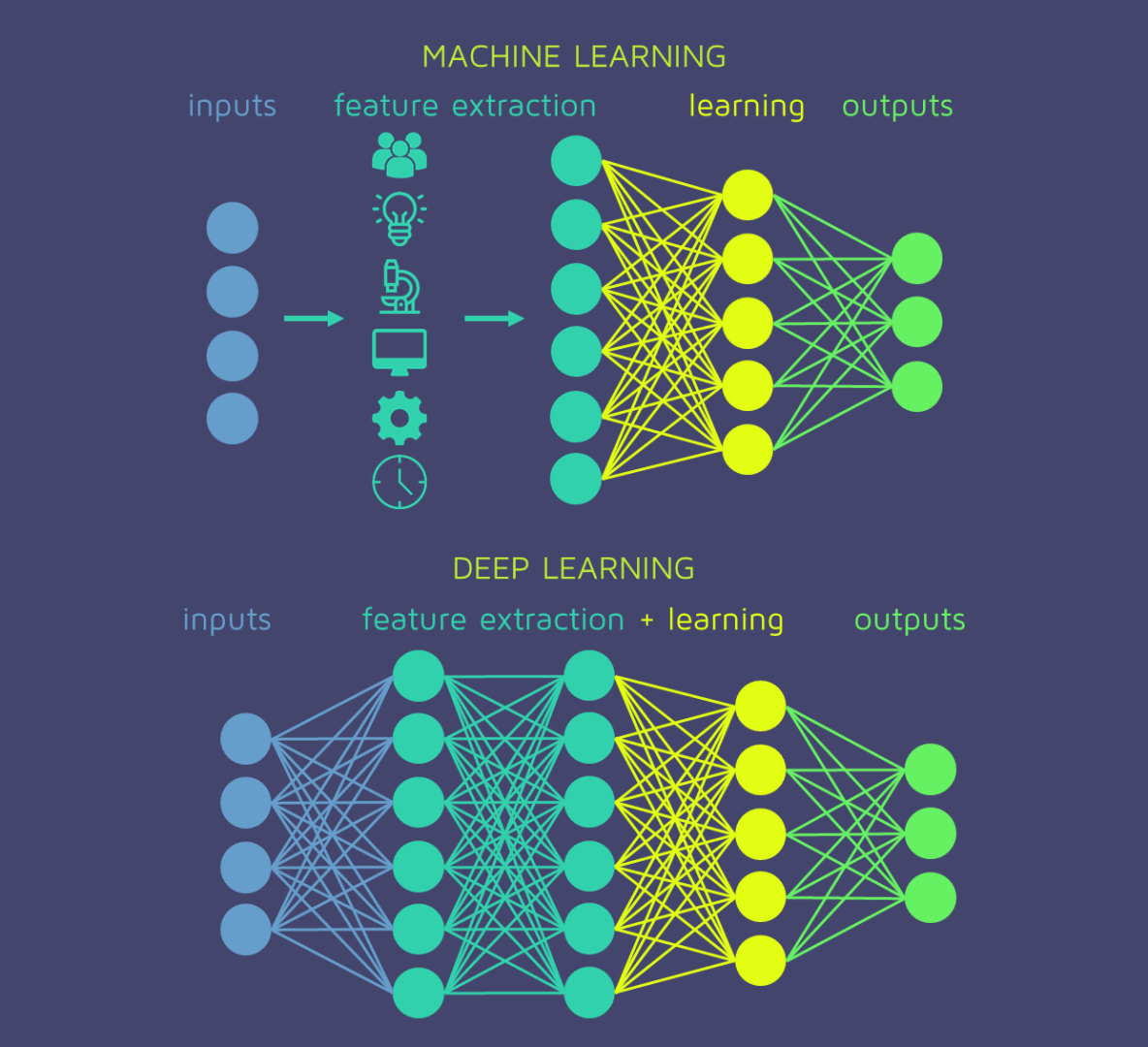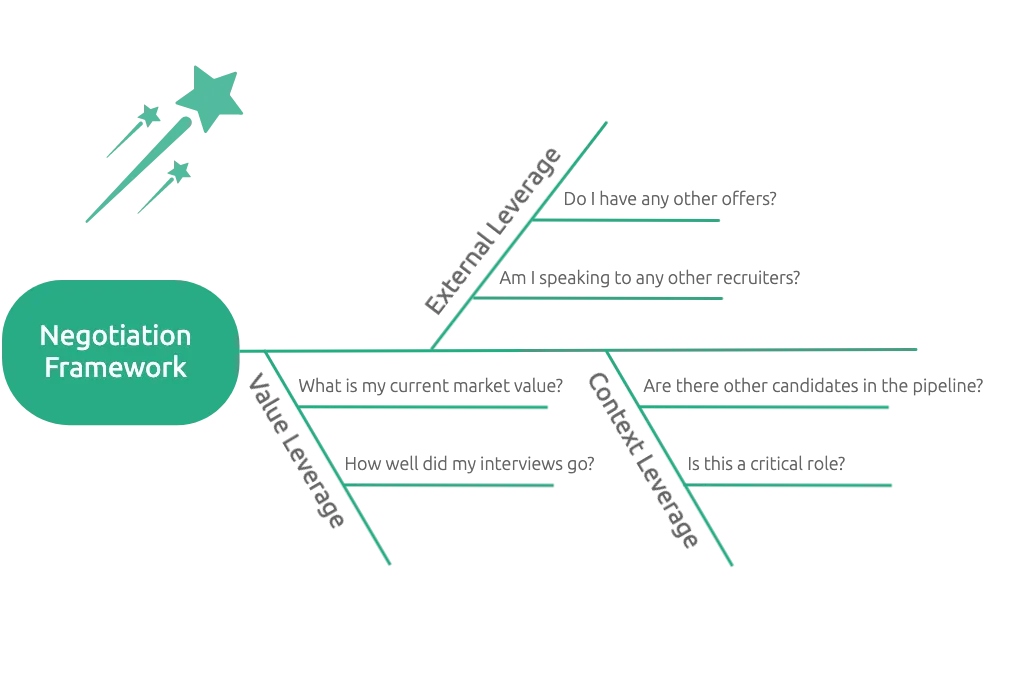
Deep Learning Can Help Employees Negotiate a Pay Rise
Negotiating a pay rise can be a daunting and stressful experience for many employees.
It requires confidence, communication skills, and a thorough understanding of the job market and industry standards. With the rise of deep learning technology, employees may have a new tool at their disposal to help them negotiate a pay rise. There are already several examples of deep learning being used to assist employees in negotiating a pay rise. For example, a startup called Emolument has developed a platform that uses deep learning to analyze salary data from across industries and provide employees with personalized salary recommendations based on their skills and experience.
In addition, several companies are using deep learning to simulate negotiation scenarios and help employees build their negotiation skills. For example, IBM has developed an AI-powered virtual agent called "Watson Candidate Assistant" that can provide candidates with personalized advice and feedback on their job applications and interview performance.
In this article, we will explore how deep learning can assist employees in negotiating a pay rise and the potential benefits and drawbacks of this approach.
What is Deep Learning?

Before we delve into the role of deep learning in negotiating pay rises, it's important to understand what deep learning is. Deep learning is a type of machine learning that uses neural networks to learn from large sets of data. It involves training a computer to recognize patterns and make decisions based on that data. Deep learning is already being used in a variety of industries, from healthcare to finance, to improve decision-making and automate processes.
How Deep Learning Can Help Employees Negotiate a Pay Rise
There are several ways in which deep learning can assist employees in negotiating a pay rise. These include:
-
Understanding Industry Standards: Deep learning can help employees to understand industry standards for pay in their field. By analyzing large sets of salary data and job descriptions, deep learning algorithms can provide insights into the typical salaries and benefits for a particular job title or industry.
-
Analyzing Job Descriptions: Deep learning can also assist employees in analyzing job descriptions and identifying the skills and experience required for a particular role. By comparing their own skills and experience to those required for a job, employees can make a more informed decision about what salary to negotiate for.
-
Identifying Employer Preferences: Deep learning can analyze a company's hiring patterns and preferences, as well as its financial performance, to determine what types of candidates are most desirable. This can help employees to negotiate a salary that is in line with the employer's priorities and expectations.
-
Practicing Negotiation Skills: Deep learning can also be used to simulate negotiation scenarios, allowing employees to practice their negotiation skills in a safe and controlled environment. This can help to build confidence and improve communication skills, making it easier for employees to negotiate effectively in real-life situations.
Potential Benefits and Drawbacks of Deep Learning in Pay Negotiations

The use of deep learning in pay negotiations has the potential to provide several benefits for employees. For example, it can help to level the playing field by providing employees with more accurate information about industry standards and employer preferences. This can help employees to negotiate more effectively and ensure that they are being paid fairly.
In addition, deep learning can help to reduce the stress and anxiety associated with pay negotiations by providing employees with a clear and objective set of data to guide their decision-making. This can help employees to feel more confident and empowered during the negotiation process.
However, there are also potential drawbacks to the use of deep learning in pay negotiations. For example, some employees may be uncomfortable with the idea of using a machine to guide their negotiation strategy. They may feel that this approach is impersonal and does not take into account the unique nuances of their individual situation.
In addition, there is a risk that deep learning algorithms may reinforce existing biases in the job market. If the algorithms are trained on data that contains biases or discriminatory patterns, they may inadvertently perpetuate these biases in the recommendations they provide.
Furthermore, while deep learning can provide employees with more accurate information about industry standards, it cannot account for all of the variables that may affect an individual's salary negotiation. Factors such as the employee's performance, the company's financial performance, and the availability of other candidates may all have an impact on the negotiation process that cannot be captured by data analysis alone.
Conclusion
The use of deep learning in pay negotiations has the potential to revolutionize the way employees negotiate for their salaries. By providing more accurate information about industry standards and employer preferences, deep learning can help employees to negotiate more effectively and ensure that they are being paid fairly. However, there are also potential drawbacks to this approach, including the risk of reinforcing biases and the limitations of data analysis in accounting for all the variables that may affect a salary negotiation.
Ultimately, the use of deep learning in pay negotiations should be viewed as a tool to supplement, rather than replace, the skills and expertise of employees. It can provide valuable insights and support, but it cannot replace the human touch and judgment that is necessary to navigate the complexities of salary negotiations. By combining the power of deep learning with the skills and experience of employees, we can create a more informed and effective approach to negotiating pay rises that benefits both employees and employers.
Trending
-
1 Building a Strong Financial Foundation: Saving, Investing, and Retirement Planning
Daniel Hall -
2 Franchise Investment Pitfalls to Avoid: A Beginner's Checklist
Daniel Hall -
3 Why Selling to an iBuyer Could Be the Best Move for Your Home
Daniel Hall -
4 Financial Tips for Businesses: Reducing Expenses Without Sacrificing Quality
Daniel Hall -
5 9 Tips to Help You Secure a Graduate Job in Finance
Daniel Hall





Comments